The fall of FTX has led to calls for increased transparency among crypto exchanges. Several centralised exchanges have released proof of reserves to regain public trust. However, it may take more than publishing proof of reserves before customers can fully trust exchanges. Here, we discuss the problems with proof of reserves.
What is Proof of Reserves?
Proof of Reserves is an attestation by the exchange that all customers’ deposits are safe and fully backed by on-chain assets. It proves that the exchange will become independent in case of a bank run. Exchanges are essentially custodians and are not supposed to use their customers’ assets for any other purpose beyond safekeeping. Proof of reserves is an excellent way to show this. Due to these reasons, several exchanges, such as Binance, Bitfinex, OKX, Kraken, Gate.io, etc., have all published their reserves.
Which Exchanges have not Released Proof of Reserves?&
Coinbase is one of the major exchanges that still need to publish proof of reserves. Coinbase’s decision is premised on the fact that it is a public company which means it is held to a higher degree of transparency than other exchanges. It has a quarterly external auditor review of its financials and must provide the Securities and Exchange Commission with annual audited financial statements. The exchange must also include customers’ funds as liabilities and assets on its balance sheet.
Problems with Proof of Reserves
Other exchanges that are not publicly traded are not bound to the same standards as Coinbase. Therefore, a Merkle tree-based proof of reserves is the best way to demonstrate solvency. Despite this, there are still valid concerns about the auditing process to provide reliable proof of reserves. The problems include the following:
Lack of Expertise
Blockchain technology is relatively new and still evolving. While it might borrow some concepts from traditional finance, the accounting process differs. Therefore, there needs to be additional expertise among auditors to review these exchanges’ financial records. Most auditors operate with traditional financial rules and standards, and they must be fully aware of the unique risks associated with cryptocurrencies.
The need for more expertise among auditors has lowered the confidence in reports from these auditors. This was an issue for Mazars, the accounting firm that audited the proof of reserves of several crypto exchanges, including Binance. It has ceased working with all crypto entities, claiming a lack of confidence in its reports and media scrutiny.&
There has been a history of collapsing crypto exchanges even after auditors vouched for their financial health. In 2019, New Zealand-based exchange Cryptopia collapsed a few months after Grant Thornton’s audit and positive rating. Moreover, the FTX collapse also occurred despite Armanino LLP’s audit processes.&
Lack of Interest from leading Audit Companies
Traditional auditors have faced issues due to a lack of understanding of digital assets. However, & there is a high degree of unwillingness from leading accounting firms to collaborate with crypto exchanges. This is due to the reputational risk if the exchange fails. The big four accounting firms &- KPMG, Deloitte, Ernst & Young, and PWC &- are usually reluctant to work with most crypto firms. Therefore, crypto exchanges use less dependable auditors or rely on in-house auditing as a last recourse.&
Possibilities of Human Error
Another major issue with proof of reserves is the dependency on humans. While auditors are independent, they must rely on the exchange’s information. If the exchange supplies inaccurate data and the auditor fails to exercise due diligence, the audited proof of reserves would be purposeless as it will fail to disclose the actual financial situation.&
Need for Crypto Auditing Standards
Despite the flaws of proof of reserves, it is still the best way for crypto exchanges to demonstrate that they are in good condition. Therefore, the problems with the current crypto auditing standards must be addressed. Ideally, crypto companies and traditional auditors must invest in education and training to improve their expertise.
The post Why have Some Exchanges not Released Proof of Reserves? appeared first on CoinJournal.

You can get bonuses upto $100 FREE BONUS when you:
💰 Install these recommended apps:
💲 SocialGood - 100% Crypto Back on Everyday Shopping
💲 xPortal - The DeFi For The Next Billion
💲 CryptoTab Browser - Lightweight, fast, and ready to mine!
💰 Register on these recommended exchanges:
🟡 Binance🟡 Bitfinex🟡 Bitmart🟡 Bittrex🟡 Bitget
🟡 CoinEx🟡 Crypto.com🟡 Gate.io🟡 Huobi🟡 Kucoin.
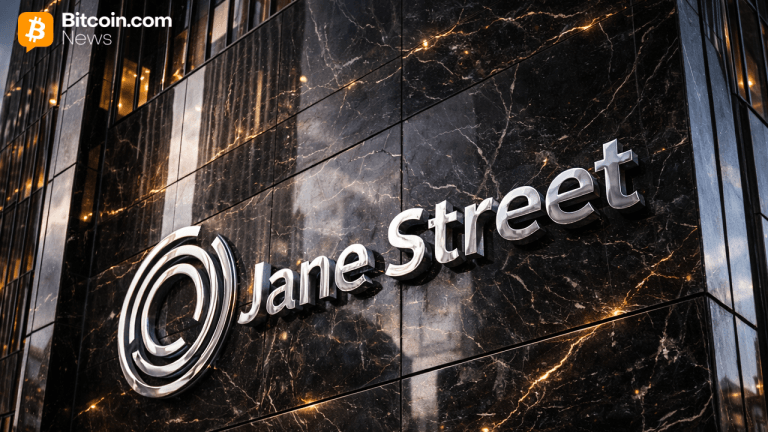
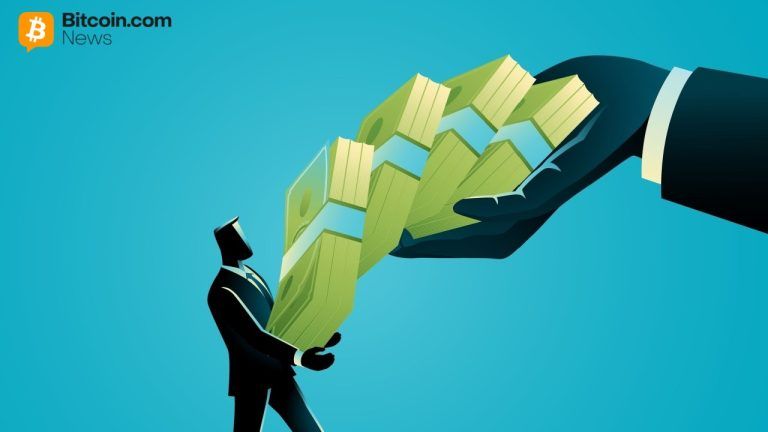
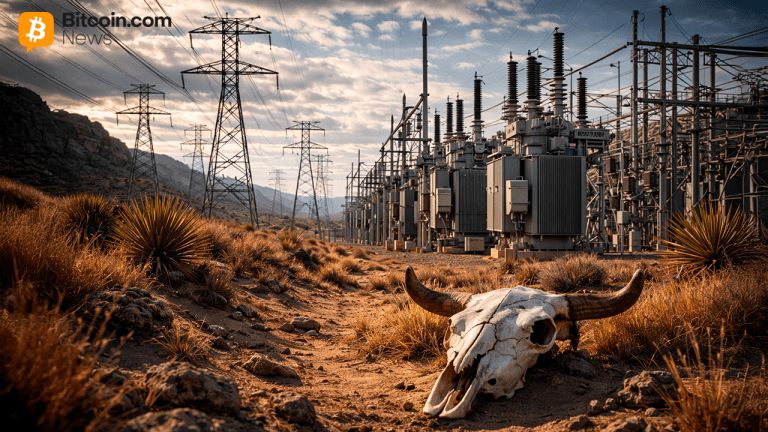



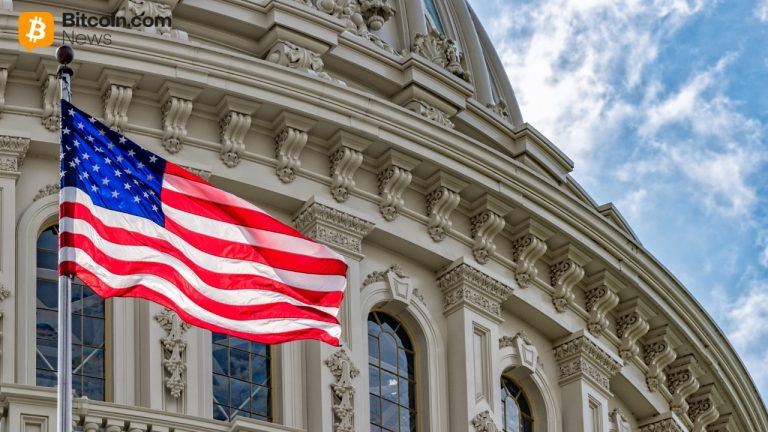
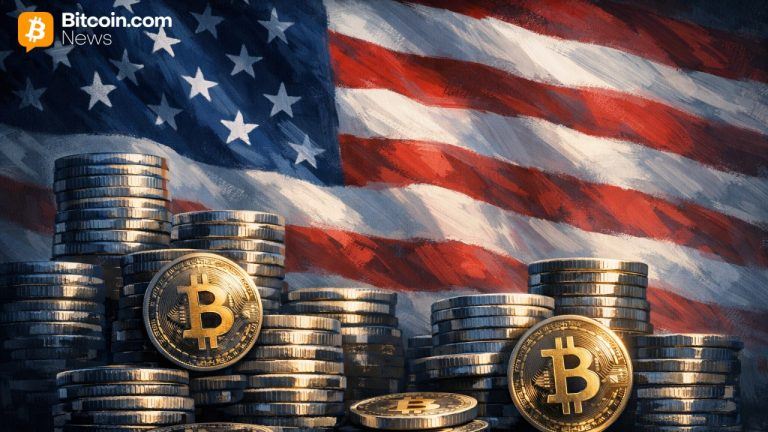








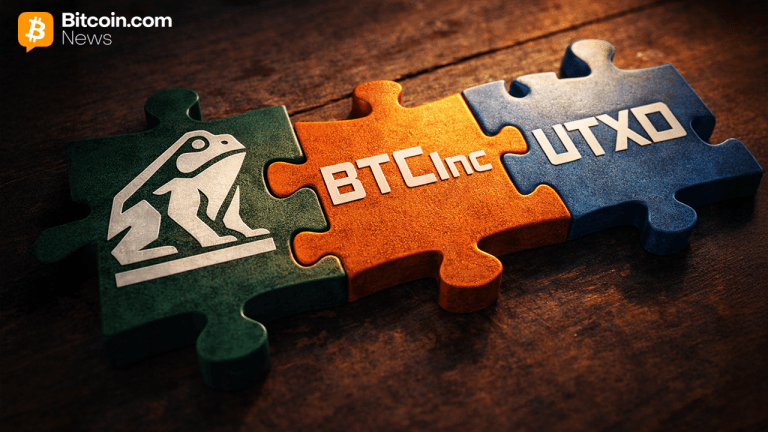

Comments